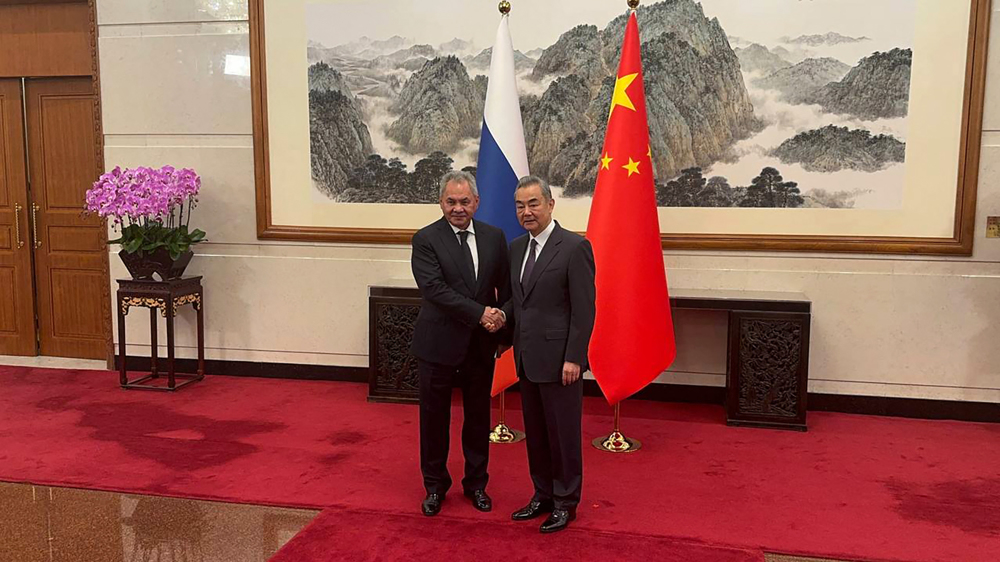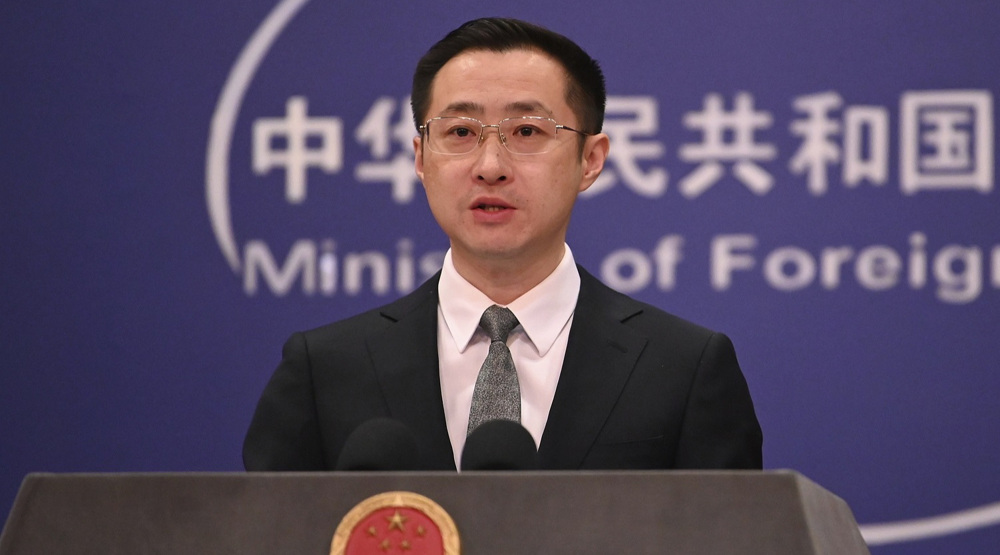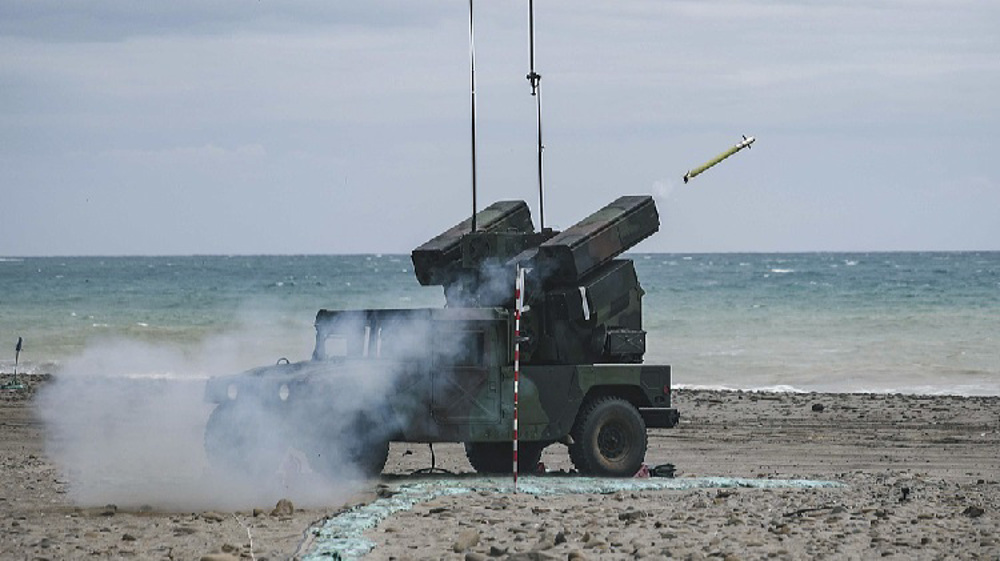China sanctions 11 American officials over US moves against Hong Kong
China has slapped sanctions on eleven US officials, in retaliation for similar measures by Washington against Hong Kong’s leader and a number of other key officials over a security law that China enacted for the semi-autonomous region in late June.
“China has decided to impose sanctions on some people that behaved badly on Hong Kong-related issues,” Chinese Foreign Ministry spokesman Zhao Lijian said at a daily news briefing in Beijing on Monday, without providing further details on what the sanctions would entail.
The sanctions list includes Republican senators Ted Cruz and Marco Rubio as well as Human Rights Watch director Kenneth Roth and National Endowment for Democracy president, Carl Gershman, he added.
The US Treasury Department announced on Friday that it was freezing US-based assets of Chief Executive Carrie Lam and 10 other senior officials in Hong Kong, also criminalizing any financial transactions with the aforementioned individuals.
Treasury Secretary Steven Mnuchin claimed in a statement that Lam was sanctioned because she is "is directly responsible for implementing Beijing's policies of suppression of freedom and democratic processes."
Zhao said the US move was a violation of international law, adding that it “grossly interferes in China’s internal affairs.”
He also noted that Washington's Hong Kong-related sanctions "will only make the world more aware of US hegemony, bullying and double standards."
Following last year's anti-government protests, Beijing introduced in late June a new national security law that criminalizes sedition, secession, and subversion against the mainland. The law also paves the way for Chinese national security institutions to operate in the city for the first time since 1997, when Hong Kong returned from British to Chinese rule. Those offenses are punishable by sentences of up to life in prison.
Protests erupted in Hong Kong after the law was proposed on May 22.
Skeptics say the new law would be a blow to the territory’s autonomy and civil liberties, but Beijing has assured that the law would target a minority of individuals who disregard law and order in Hong Kong, which was rocked last year by riots over a now-shelved extradition bill.
The US sanctions came a day after President Donald Trump issued executive orders that would ban the social media apps TikTok and WeChat from operating in the country if they are not sold by their Chinese-owned parent companies within 45 days.
Relations between the United States and China have hit the lowest level in decades under Trump. The two are at loggerheads over a range of issues, including trade, Hong Kong, Taiwan, the South China Sea, and the coronavirus pandemic.
Israeli strikes kill 88 Palestinians in northern Gaza
American voters plainly rejected complicity in Gaza genocide: Iran FM spox
ICC should issue more arrest warrants for Israeli authorities over Gaza genocide: UN expert
Israel using AI weapons co-produced by India in Gaza genocide: Report
Israel issues new evacuation orders, shortly launches strikes on southern Lebanon
VIDEO | Press TV's news headlines
From Iraq to Gaza: The great disconnect between British people and rulers
Syria condemns Israel's killing of 36 in 'horrific' strike on Palmyra










 This makes it easy to access the Press TV website
This makes it easy to access the Press TV website